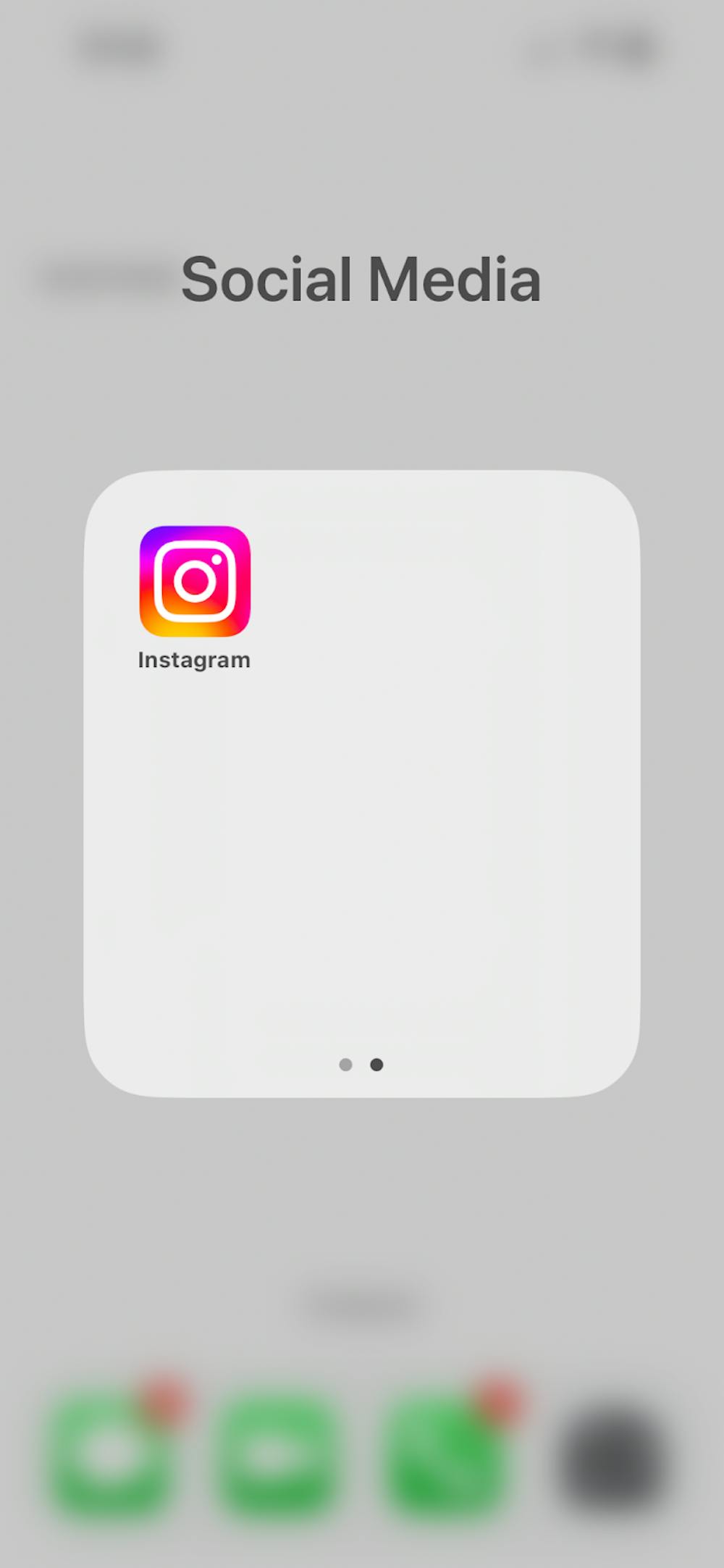When I open my Instagram, I’m instantly reminded of the election. Whether it’s candidate advertisements, reposted information or celebrity endorsements, my feed is flooded with politics. Especially around election time, political content can often appear on your phone regardless of your interests or identity. Since political messages are ubiquitous in our social media feeds, we must ensure we engage with them responsibly and understand their dangers.
While we often discuss the positive role social media can play in spreading voting information, we must also consider the negative aspects, including misinformation, the influence of celebrities and influencers, and the impact of algorithms. Social media poses a severe threat to democracy, and it can prevent elections from being fair and accessible.
Perhaps the most frequently discussed danger of social media is misinformation. Researchers at MIT found that fake news can spread up to 10 times faster than legitimate news on social media. And yet, according to The New York Times, nearly half of Americans get some of their news from social media, and a third of adults under 30 receive their news from TikTok. Often, we engage with news we get from social media, regardless of whether we know how credible it is. A 2022 study found that when TikTok users search for the top news stories, about 20% of the videos displayed contained misinformation. Without being informed of how common misinformation is, we actively engage with this fake news and believe what we read without scrutinizing it. Pew Research Center found that nearly a quarter (23%) of Americans have shared fake news on social media, both knowingly and unknowingly. It is not enough for your election research to be solely from social media, regardless of how accurate it appears.
But how does this misinformation come across your page? Social media is known for its algorithms, so it should be no surprise that your political opinions are reinforced in your social media feeds. Algorithms jeopardize our ability to maintain a functioning, non-polarized society by creating echo chambers (environments where you only encounter information that affirms your opinions).
For example, if you support one candidate, you will only see videos of that candidate's best moments and never their slip-ups. For example, suppose you like or comment on one video of a candidate making a powerful speech. In that case, the algorithm will show you more of these candidates’ best speeches because it hopes you will continue engaging with this content. This model benefits the app, causing more engagement and revenue, but it makes your feed a reflection of a singular viewpoint. Furthermore, suppose you are an undecided voter and happen to engage with a video of one candidate. In that case, you will be fed more videos of them and not the other candidate, which could completely sway your opinion. This algorithm can ultimately impact how you vote or your general political affiliation. For democracy to function, we need to engage with different perspectives and opinions, which we lose through these algorithms.
Celebrity influence over politics is also significantly heightened by social media, as many of them have platforms with large followings through which they can amplify messages. While celebrities are entirely justified in sharing their political opinions by their First Amendment right, we must critically assess the impact of these opinions’ on their audience. Celebrities have been endorsing presidential candidates for decades but social media has made it increasingly common for celebrities to take to their Instagram or X accounts and ask their audience to vote for a specific candidate. Although it is hard to track the true extent of celebrity endorsements’ sway on votes, they can have a significant impact on voters, especially on younger voters.
When Taylor Swift endorsed Kamala Harris in September of this year, she encouraged her followers to register to vote by linking vote.gov on her social media. On the day that Swift made this post, around 400,000 people visited vote.gov, a large leap from the average of 30,000 daily visitors. I’m not arguing that this is a bad thing, and I appreciate these celebrities speaking out about politics in an election that feels so crucial for human rights. However, it appears that these celebrity endorsements (which are made easier through social media) may be swaying people's votes in place of genuine information about the candidates.
We are living in a unique time in political history, and the election is less than a week away, on Tuesday, Nov. 5. It is more crucial than ever to research the policies of each candidate and local electors to understand who and what you are voting for. The intertwining of politics with social media can lead us to falsely believe that we are educated on the election without doing actual, thorough research. I would encourage voters to obtain a sample ballot for their state and then look at the websites and stated policies of the candidates on their ballot. An easy way to begin your research is to look into non-partisan voter guides such as BallotReady, guides.vote, and VOTE411.
Your feed can be impacted by biases, misinformation and algorithms amplifying your opinions. While social media can be an excellent tool for grassroots causes or activist groups to spread their messages, it is not a responsible place to go for politics and information on the election.




